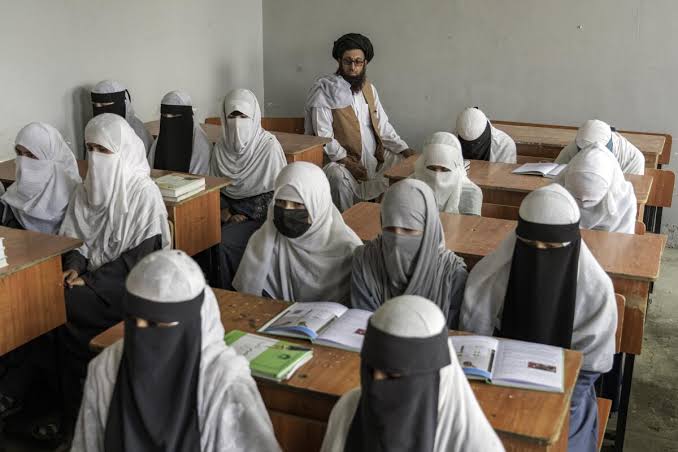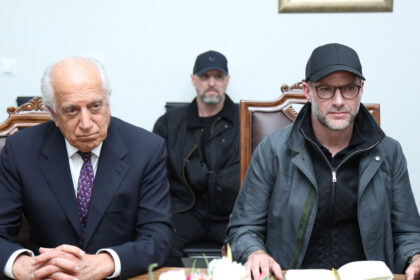RASC News Agency: On December 21st, a Taliban representative announced that Afghanistani girls are now permitted to attend religious schools. This declaration follows recent discussions on the education of girls in Islamic schools. UN Special Envoy Roza Otunbayeva had earlier indicated that the UN is seeking additional evidence to substantiate claims that girls of any age can pursue studies in these religious schools. However, uncertainties persist regarding the educational content, the presence of a standardized curriculum, and the number of eligible girls to enroll.
The Taliban has garnered widespread condemnation for its previous prohibition on girls’ education beyond the 6th grade, extending to the university level. Consequently, schools have become one of the limited options for girls seeking education beyond the 6th grade. Mansoor Ahmad, spokesperson for the Taliban’s Ministry of Education in Kabul, clarified that there is no age restriction for girls attending schools under the group’s control. The only requirement is that girls should be placed in a class appropriate for their age.
While the Taliban’s announcement concerning Afghanistani girls’ admission to religious schools signifies a significant shift in their stance on female education, concerns persist about the nature of the education provided. Questions have emerged regarding the existence of a standardized curriculum covering modern educational subjects. Additionally, the exact number of girls benefitting from this policy change remains uncertain. As discussions unfold, it is crucial to monitor the implementation of this new policy and ensure equal educational opportunities for girls.
Ahmad stated that if a woman’s age doesn’t align with the appropriate class level and is considered too high, she is not permitted to attend a religious school. He further explained that religious schools adhere to the same principles as regular schools, prohibiting the presence of older women in primary classes. However, Ahmad mentioned that secretly managed schools have no age limit, allowing women of any age, including adults, to pursue education. In Afghanistan, there are approximately 20,000 schools, with over 13,000 under Taliban control. Ahmad noted that private schools operate from mosques or homes, but he didn’t provide specific information on the number of enrolled girls or whether this has changed since the ban.
During a Security Council speech, Otunbayeva addressed the one-year anniversary of the Taliban’s ban on women attending universities, emphasizing that Afghanistan is the only country with such restrictions. It remains uncertain when or if these restrictions will be lifted, and there is no information on the steps the Taliban would take to align campuses with their interpretation of Islamic law, as higher education officials in Kabul were not accessible for comment on Thursday. The Taliban’s Minister of Higher Education, Neda Mohammad Nadeem, previously stated that the university ban aimed to prevent gender mixing, and some subjects taught were believed to violate Islamic principles.






